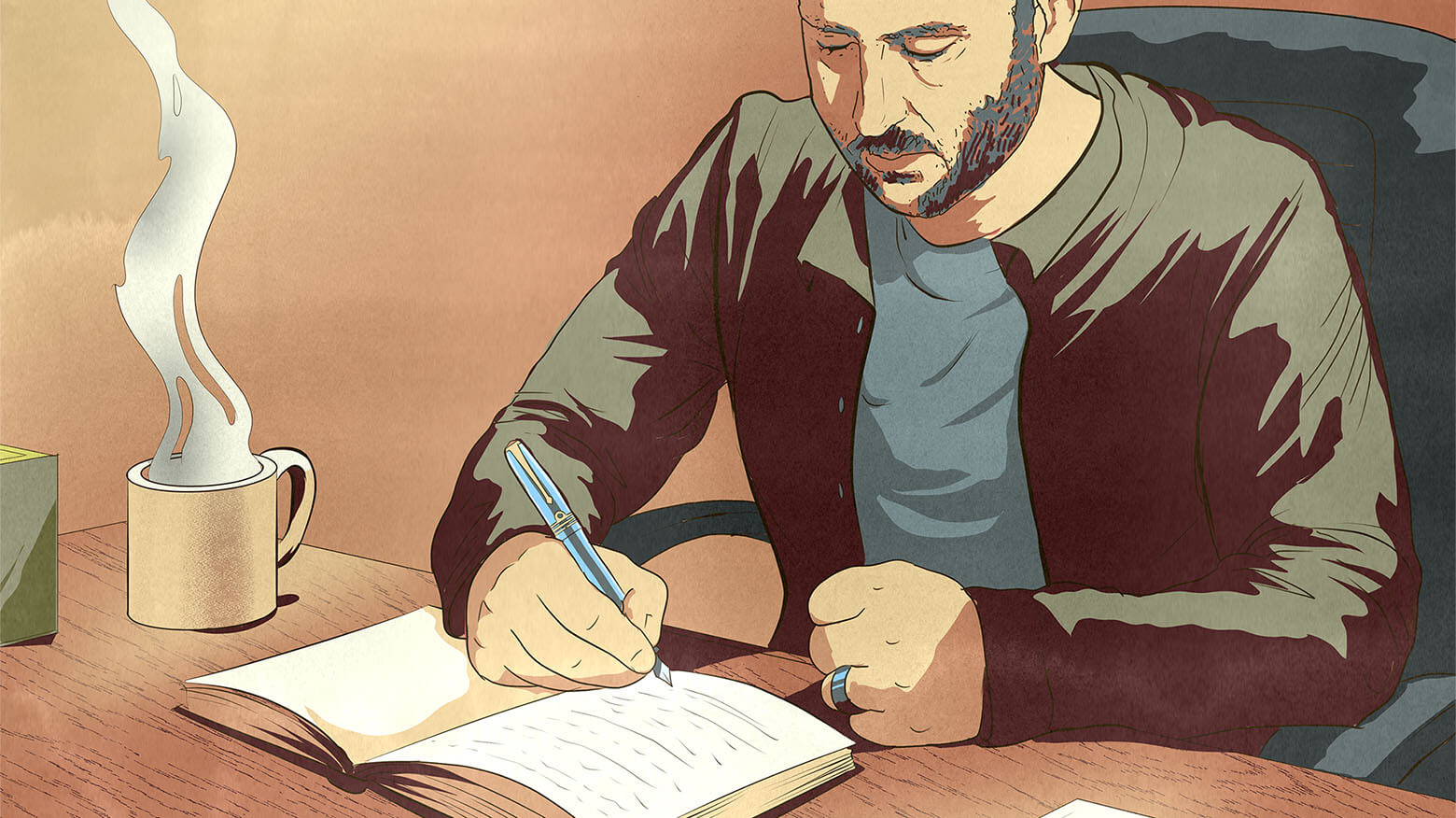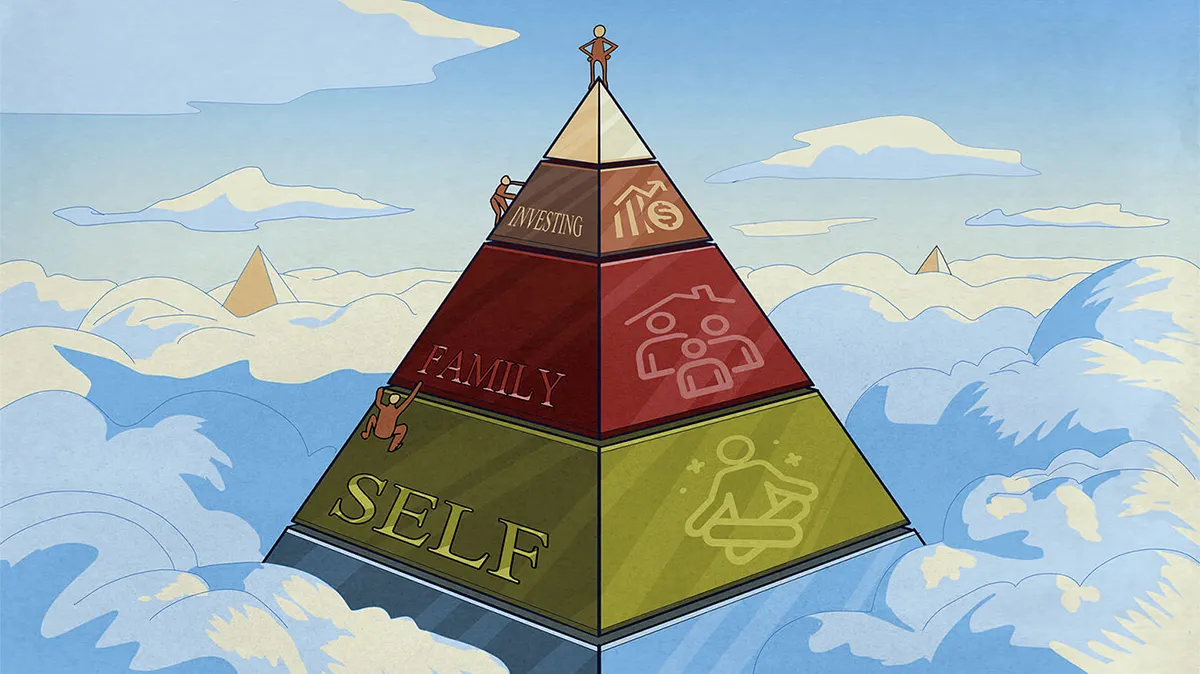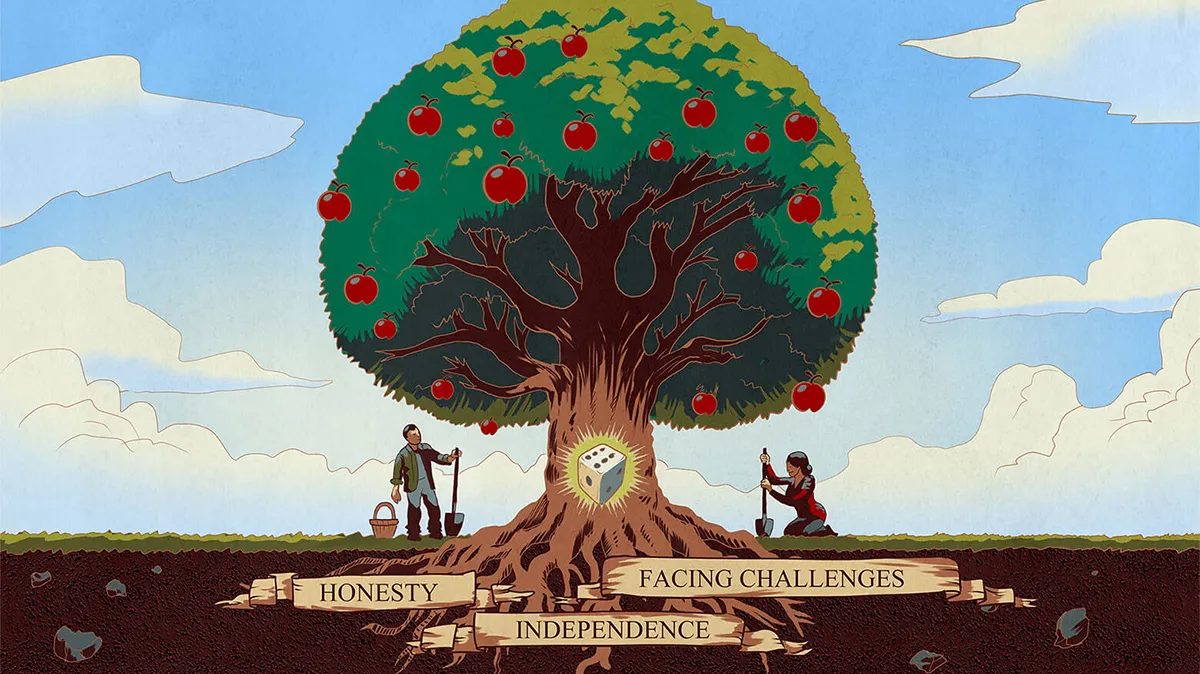I have decided I am going to start keeping a journal. I listened to Tim Ferris’s interview with Penn Jillette, and I was really impressed with Penn’s journaling. He started keeping a journal when he was 30, and at the time he felt that it was already too late. He has kept the journal for 34 years without skipping a day. Every day he writes about important conversations he had and reviews books he’s read and movies he’s watched. He writes about things that happened that day. But most importantly, he looks at what he wrote a year, ten years, and twenty years ago on that day. This allows him to time travel.
I love this idea; it allows you to travel back to your life in the past and retain memories and thoughts you’d otherwise lose as they were replaced by the daily noise. There is an interesting side effect, too: Writing book and movie reviews makes you want to want to watch movies and read books that are worthy to be written about.
I am curious how journaling will impact what I write about (and what I publish). I can only dedicate so much time to writing each day. This journal somehow seems more important than some of the usual things I do. My writing may switch from making stock market observations to become more personal in nature. This may also be a great way for me to retain knowledge (thoughts) that I gain throughout the day and then somehow lose by the end of the day.
Writing down important conversations I have on a daily basis is a great idea, too. Aside from helping me not to forget them, it may allow me to explore them further on my own. For instance, yesterday I spoke to a friend about the impact that WeWork had on unicorns (companies with very large valuations that recently went public). Before WeWork blew up, unicorns had access to endless amounts of capital, as private and then public investors were willing to finance their losses unquestioningly.
The WeWork blowup may have changed that, and it is great thing for companies that have sustainable business models and not so good news for the ones that don’t. Uber and Lyft come to mind here. Access to abundant capital forced these companies to fight a war of attrition.
I listened to Lyft’s earnings call, where management talked about how they started to raise prices and Uber followed. Then they stopped issuing discount coupons and Uber did not, and they resumed. Lyft’s CEO said that they’ll be “the follower,” not the leader in price setting from now on. I get a feeling that Uber management listened in on this call, too. There is no reason why Uber and Lyft cannot have a cozy, rational duopoly in the US (Lyft is a US-only company).









0 comments